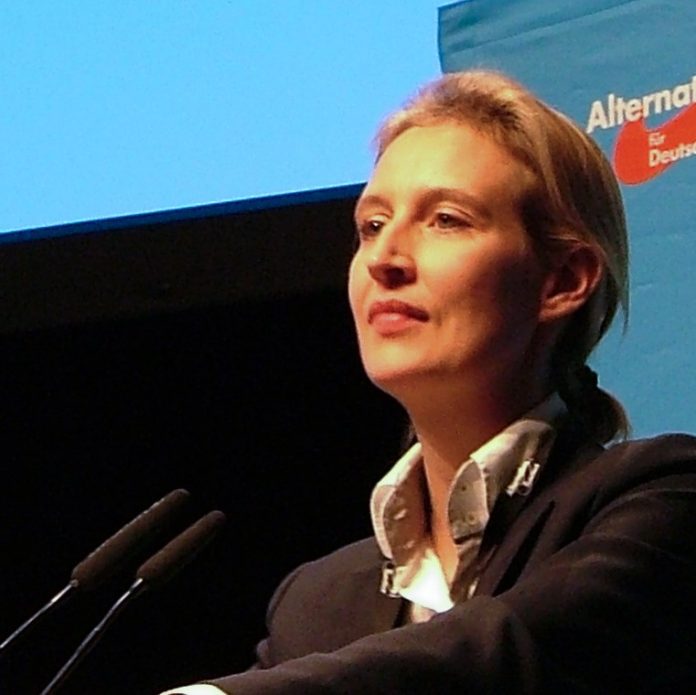Women are increasingly supporting far-right and right-wing populist parties, and they are often more radical than their male peers. This is according to the findings of a new study by the Friedrich Ebert Foundation (FES), which is affiliated with Germany’s centre-left Social Democratic Party.
The report examined right-wing populist voters in Germany, France, Greece, Poland, Sweden and Hungary, found that women are increasingly drawn to right-wing populist parties.
As reported by Deutsche Welle (DW), Germany’s international broadcaster, right-wing populist parties tend to propagate an anachronistic image of femininity. However, that did not stop some 17% of women in eastern Germany from casting their ballot in favour of the far-right AfD during the country’s 2017 parliamentary election.
And in Poland, more women than men voted for the ruling right-wing Law and Justice (PiS) party in the country’s 2015 election.
In France, Marine Le Pen has led the country’s far-right populist National Rally party, formerly known as the National Front, since 2011.
According to Elisa Gutsche, who edited the FES study, many right-wing populist parties examined in the report seek to garner female votes by promising to strengthen the welfare system.
“Parties say they will raise child benefit payments and make related allowances to promote families,” said Gutsche.
As regards the role of female politicians among Europe’s right-wing populist parties, the FES researchers found that most parliamentary groups are dominated by male MPs.
The report also highlighted how women are actually more inclined to subscribe to strong xenophobic and Islamophobic beliefs than men.
“That finding surprised me the most,” said Gutsche. “I think women sense they are at the lower rungs of society and find themselves having to compete against refugees and migrants,” said Gutsche.

